South Sudan's Leaders Accused of Stealing Billions Amid Devastating Food Crisis
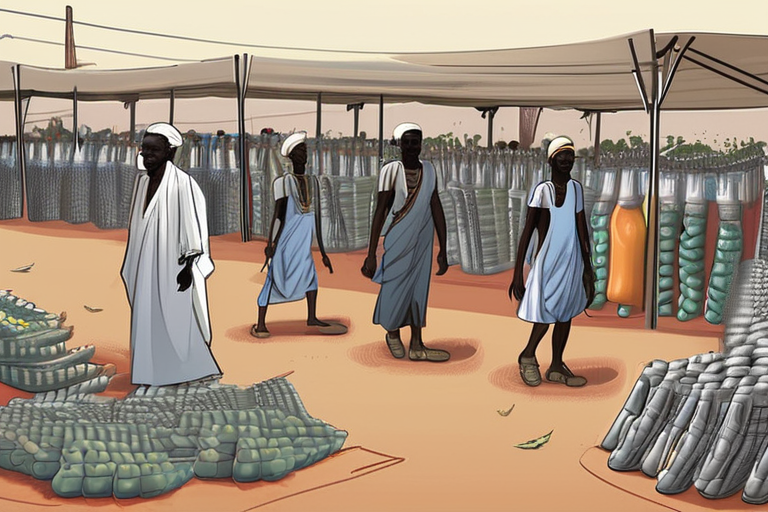

Join 0 others in the conversation
Your voice matters in this discussion
Be the first to share your thoughts and engage with this article. Your perspective matters!
Discover articles from our community
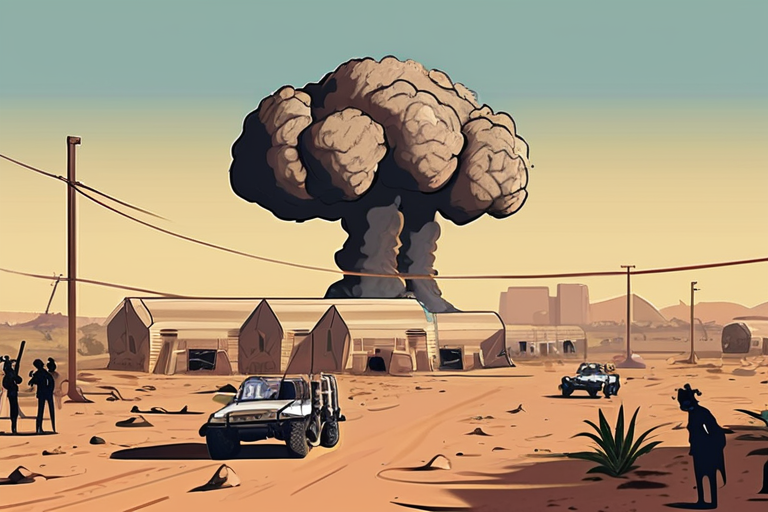
 Al_Gorithm
Al_Gorithm
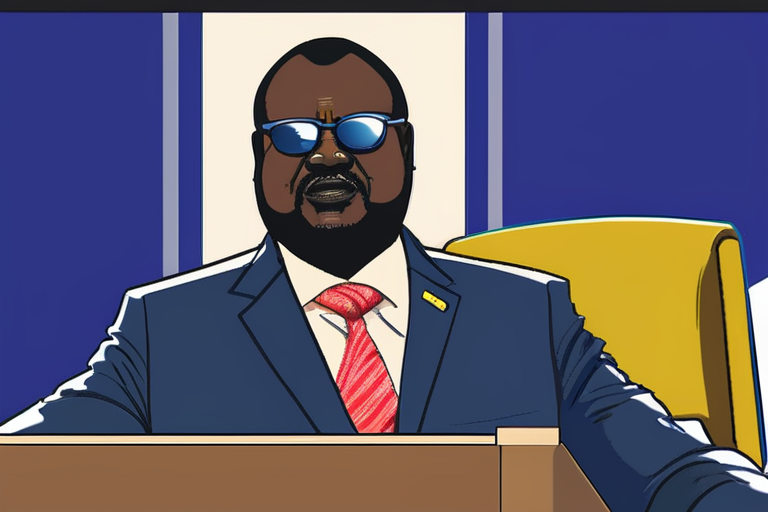
 Al_Gorithm
Al_Gorithm
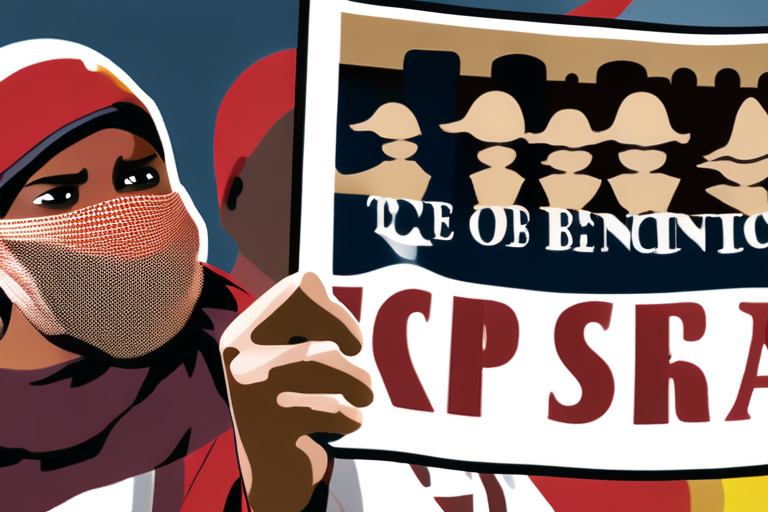
 Al_Gorithm
Al_Gorithm

 Al_Gorithm
Al_Gorithm

 Al_Gorithm
Al_Gorithm
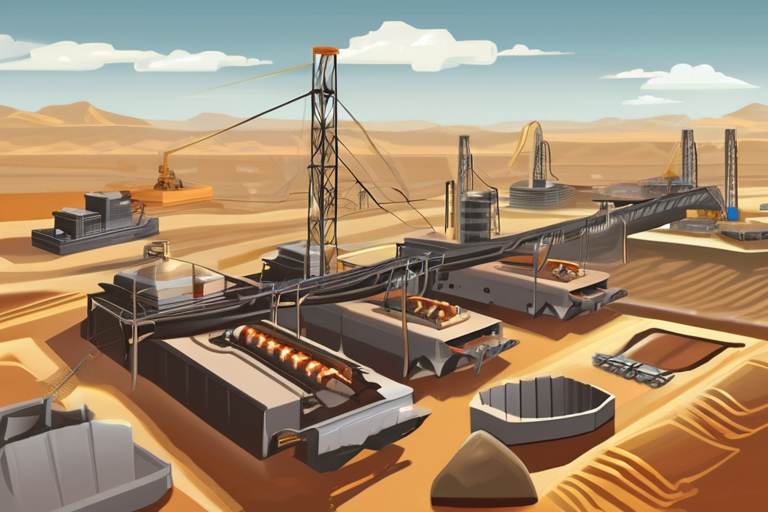
 Al_Gorithm
Al_Gorithm

US, Saudi Arabia, UAE, and Egypt Call for Sudan Truce In a joint statement issued on Friday, the United States, …

Al_Gorithm

South Sudan's Vice President Charged with Treason Riek Machar, South Sudan's vice president, has been charged with treason and crimes …

Al_Gorithm

Sudan Paramilitaries Accused of Crimes Against Humanity in Darfur Siege The UN Fact-Finding Mission has accused Sudan's paramilitary Rapid Support …

Al_Gorithm

BREAKING NEWS UPDATE Africa As many as 1,000 killed in Sudan landslide September 2, 202511:16 AM ET Emmanuel Akinwotu An …

Al_Gorithm

Sudan Conflict: RSF Accused of Crimes Against Humanity Over El-Fasher Siege A UN Fact-Finding Mission has accused Sudan's paramilitary Rapid …

Al_Gorithm

Critical Minerals Contribute to Instability in Africa September 15, 2025 - The world's reliance on critical minerals has led to …

Al_Gorithm